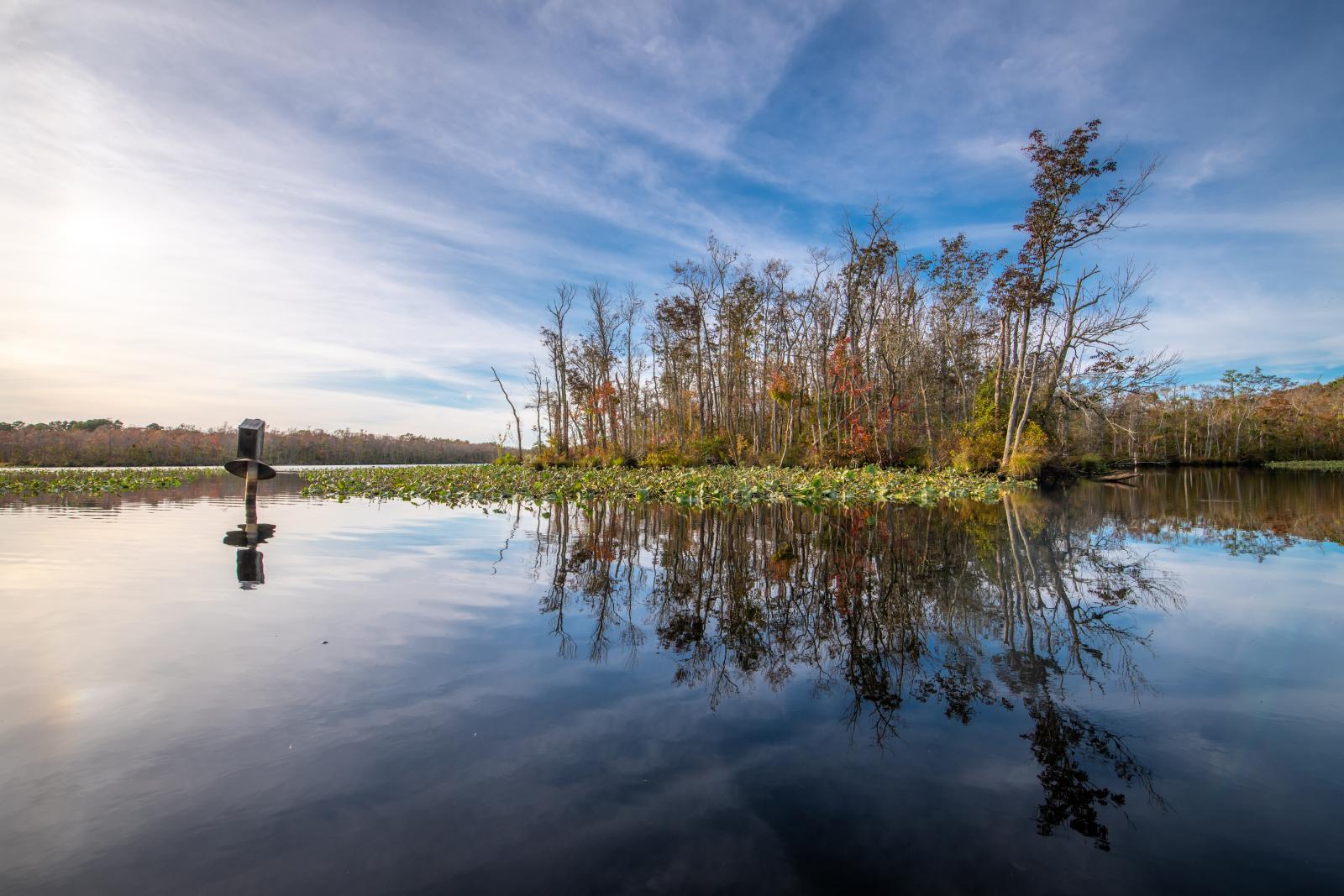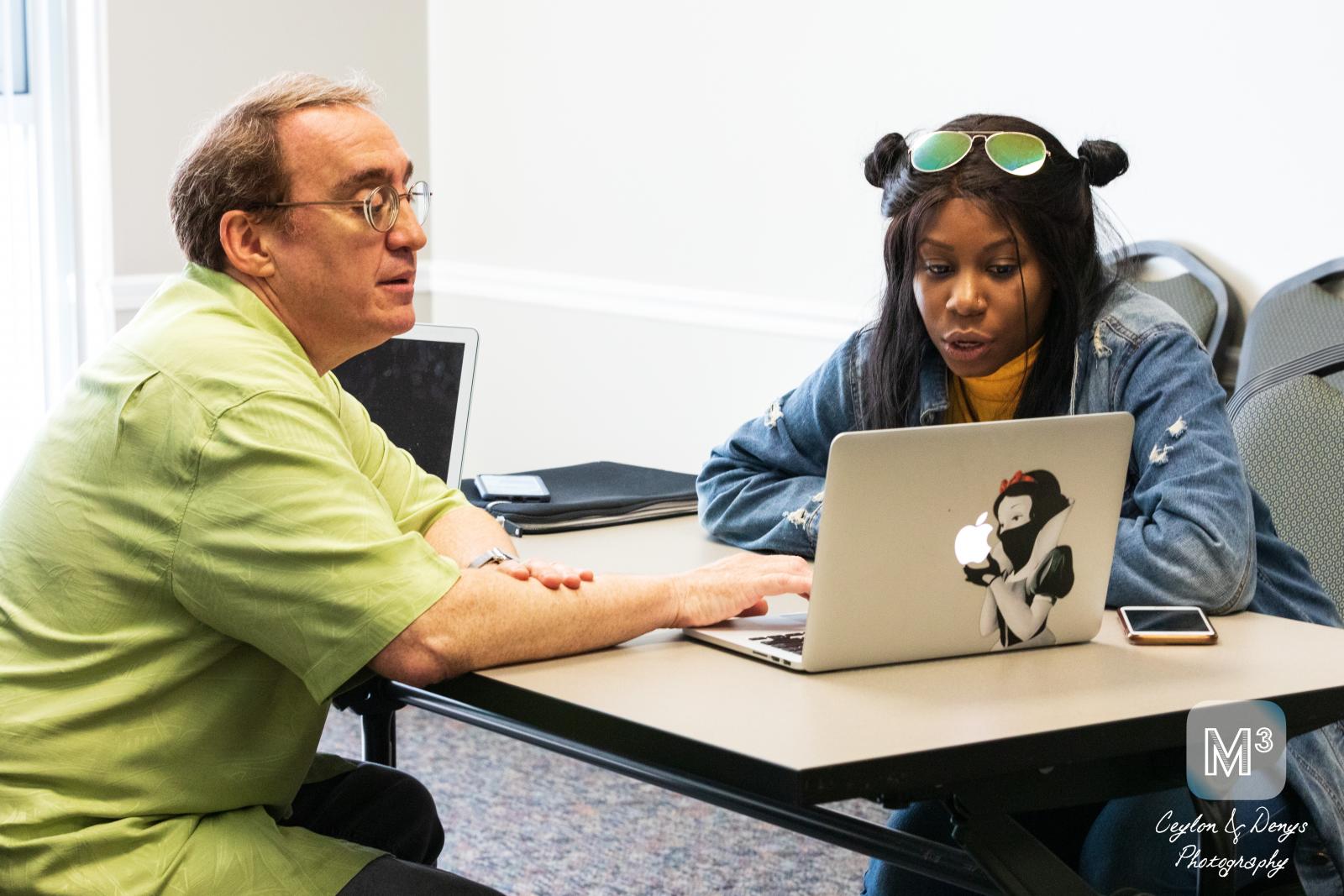Folklife Apprenticeships support traditional arts education by funding a mentor artist and apprentice artist to work together for one year.
During the grant period, the mentor artist passes down their knowledge to the apprentice artist.
Folklife Apprenticeships support living cultural traditions and are distinct from registered apprenticeships offered through the Maryland Apprenticeship Training Program (MATP), which supports workforce development.
Do you need support with your application? Watch our recent information session!
How to Apply: Folklife Apprenticeship Program - MSAC staff walk attendees through the process of applying for a Folklife Apprenticeship, including application strategies and program changes. Click here to watch the recording.
Mentor artists must:
- Be a resident of the United States or a U.S. territory (see below for additional requirements for out-of-state mentor artists)
- Demonstrate vital contributions to a particular living cultural tradition in Maryland
Apprentice artists must:
- Be a resident of Maryland
- Demonstrate that the desired mentor artist skillset is unavailable in Maryland if the master artist resides out of state
- Demonstrate some prior experience, a basic level of skill, and a commitment to long-term learning in a particular traditional art
- Provide contact information and e-signature of a parent/guardian to acknowledge permission to participate in the program, if younger than 18 years of age
Review the Guidelines document in Quick Resources for detailed information of eligibility.
Applications require complete narrative information, with the option to submit supplemental materials. A completed application consists of the following components:
- Answers to prompts soliciting:
- A description of the cultural history and current community practice of the traditional art in the proposed Folklife Apprenticeship
- Biographical information for both the mentor artist and apprentice artist
- A work plan including the logistical, financial, and cultural details of the proposed Folklife Apprenticeship
- Optional supplemental materials that demonstrate the suitability of the applicants to complete the proposed Folklife Apprenticeship, including written materials and audiovisual materials
Applications offer the option of uploading an audio or video recording answering the narrative questions. This option is intended to benefit applicants who prefer communicating verbally to submitting written materials. Instructions for uploading application recordings are included in SmartSimple.
See the Grant Guidelines for detailed information.
Upon execution of grant agreement, payment will be processed for receipt in 6-8 weeks. Grantees are required to submit a final report at the completion of the funded project. For detailed reporting requirements, please see the Grant Guidelines.
All MSAC grants are paid on the same timeline. To learn more, click here.
Grantees are required to submit a brief report detailing the use of funds at the end of each fiscal year.
See the Grant Guidelines for detailed information.
A complete list of previous grantees can be found in this research guide from the Maryland Traditions Archives.
2025-2026
2024-2025
2023-2024
2022-2023 Arts Relief
2022-2023
This Youtube playlist features soundbooks and documentary short films created by contract media producers Edwin Remsberg Photographs (2007-2021) and Wide Angle Youth Media (2021-present), respectively, featuring Folklife Apprenticeship teams over the years:
Resources
-
 Contact
Contact

